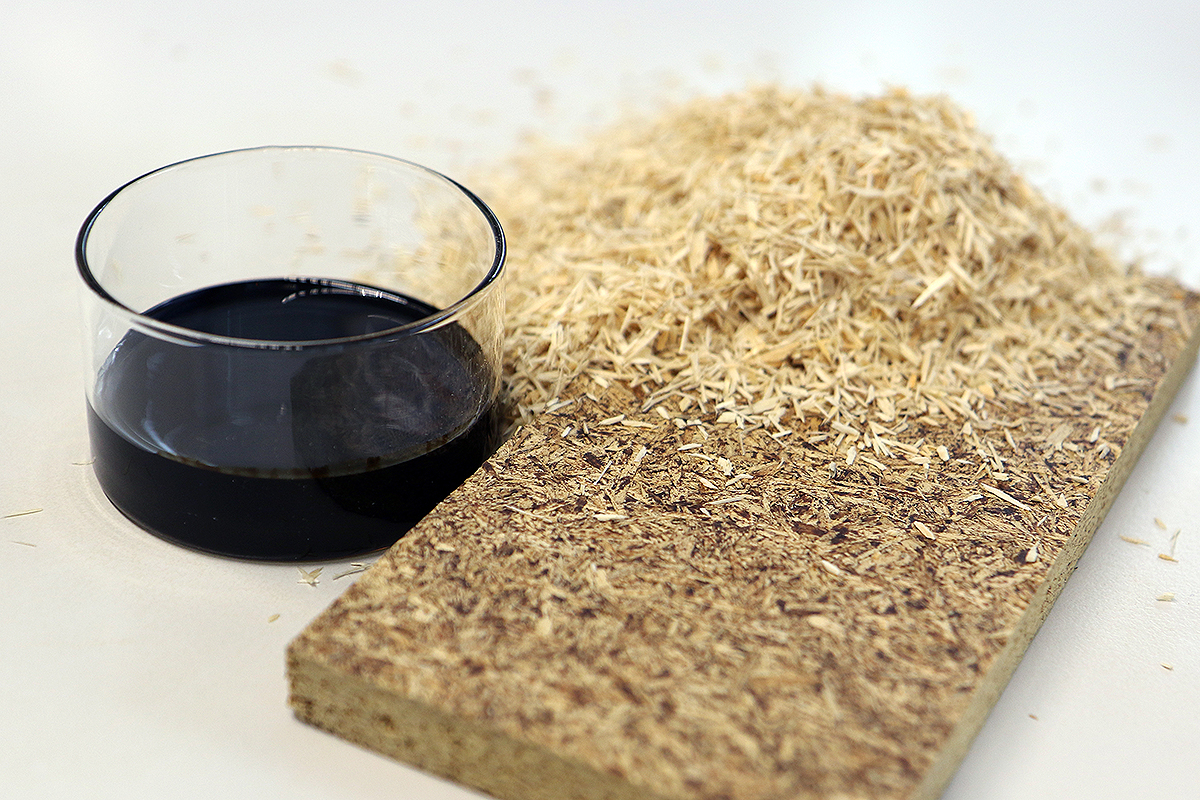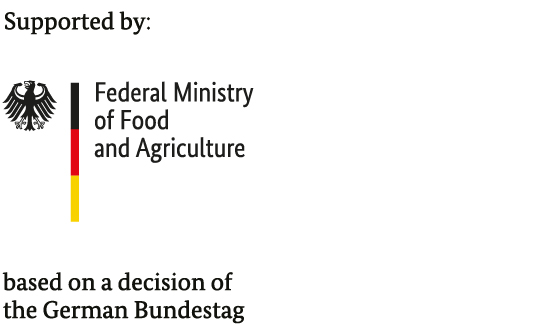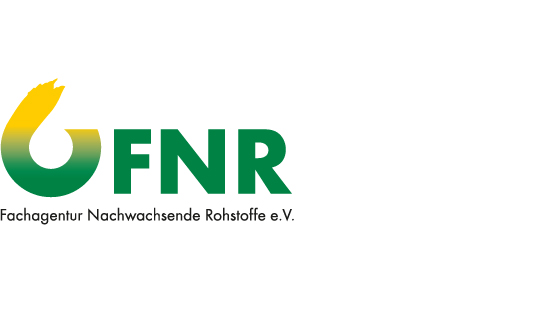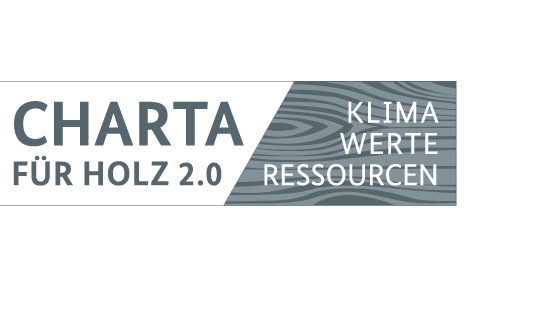Lignin-HMF resin: Formaldehyde-free bio-binder for the production of particle boards for furniture and drywall construction
Particle boards are a sustainable and inexpensive construction material for houses and furniture. They can be produced from regionally available wood residues and recycled waste wood. Through this research project, particle boards will become even more sustainable. In collaboration with industrial partners, we are developing particle boards that are produced using a new kind of adhesive which should not contain any health-critical formaldehyde and which consists entirely of biogenic raw materials. Furthermore, we are conducting tests to determine whether the particle boards can be produced using alternative types of wood, which will be increasingly available in the future as a result of forest restructuring.

In a previous project (“AdLigno”), 100 percent bio-based and formaldehyde-free condensation resins based on lignin and hydroxymethylfurfural (HMF) had already been successfully developed on a laboratory scale at the Fraunhofer WKI. The new “LowEPanel” project involves the further development and optimization of lignin-HMF resins for the production of particle boards.
Until now, particle boards have usually been produced from spruce and pine. As a result of the restructuring of forests towards location-appropriate, more climate-resilient deciduous and mixed forests, tree species such as Douglas fir, oak, poplar and birch are being planted more frequently. The project will therefore also be testing the production of particle boards using these alternative wood species.
With regard to the mechanical-technological board properties, the objective is to achieve at least the requirements of technical class P2 in accordance with DIN EN 312, and preferably even class P4. Class P2 particle boards are suitable for furniture construction. With class P4, the boards can be utilized in load-bearing drywalls in building construction.
The entire value chain is involved in the planned project: from raw-material suppliers, through material and process development, large-scale resin synthesis and dosing technology, and on to particle-board manufacturers.
Last modified:
 Fraunhofer Institute for Wood Research
Fraunhofer Institute for Wood Research 

